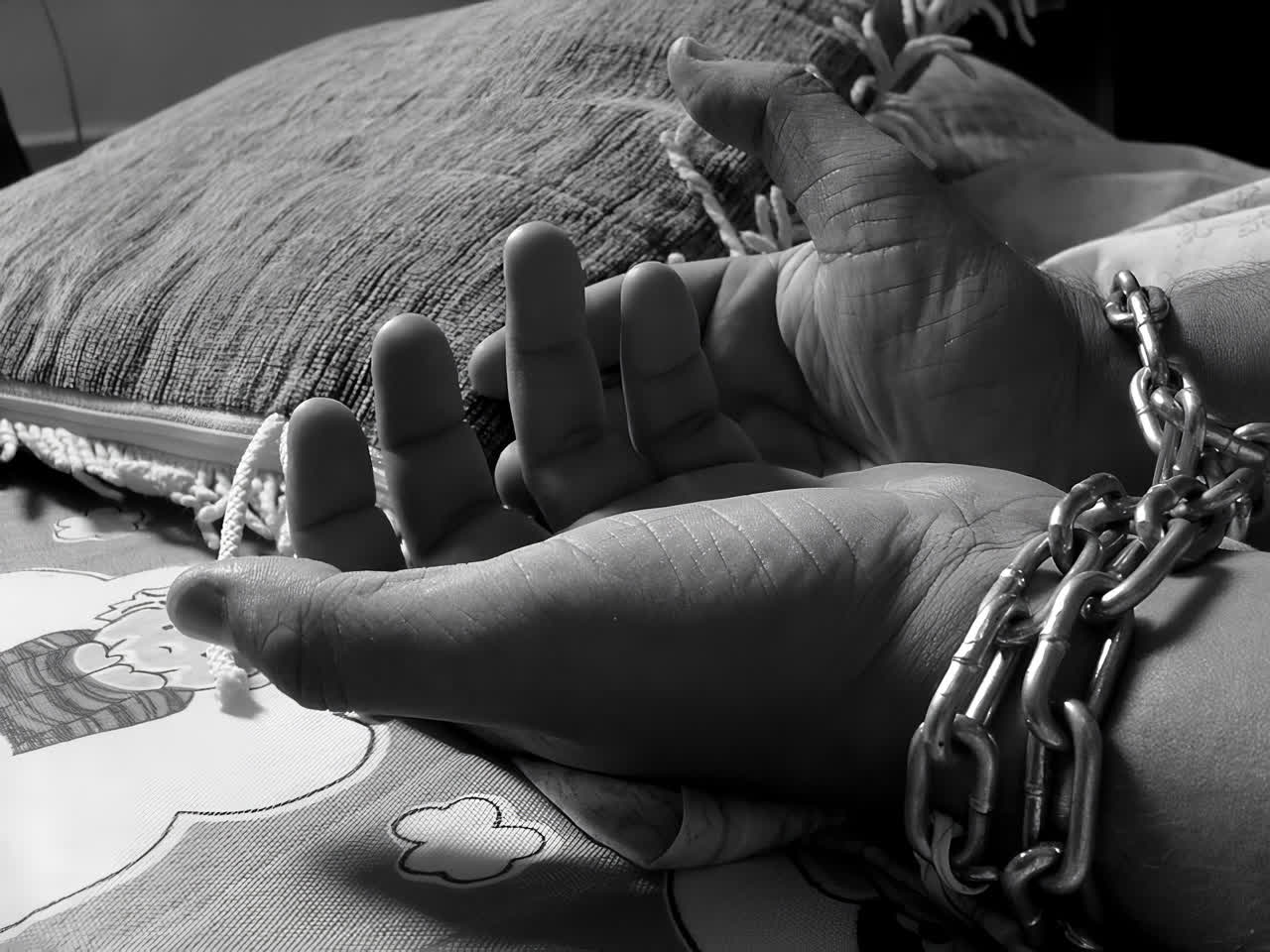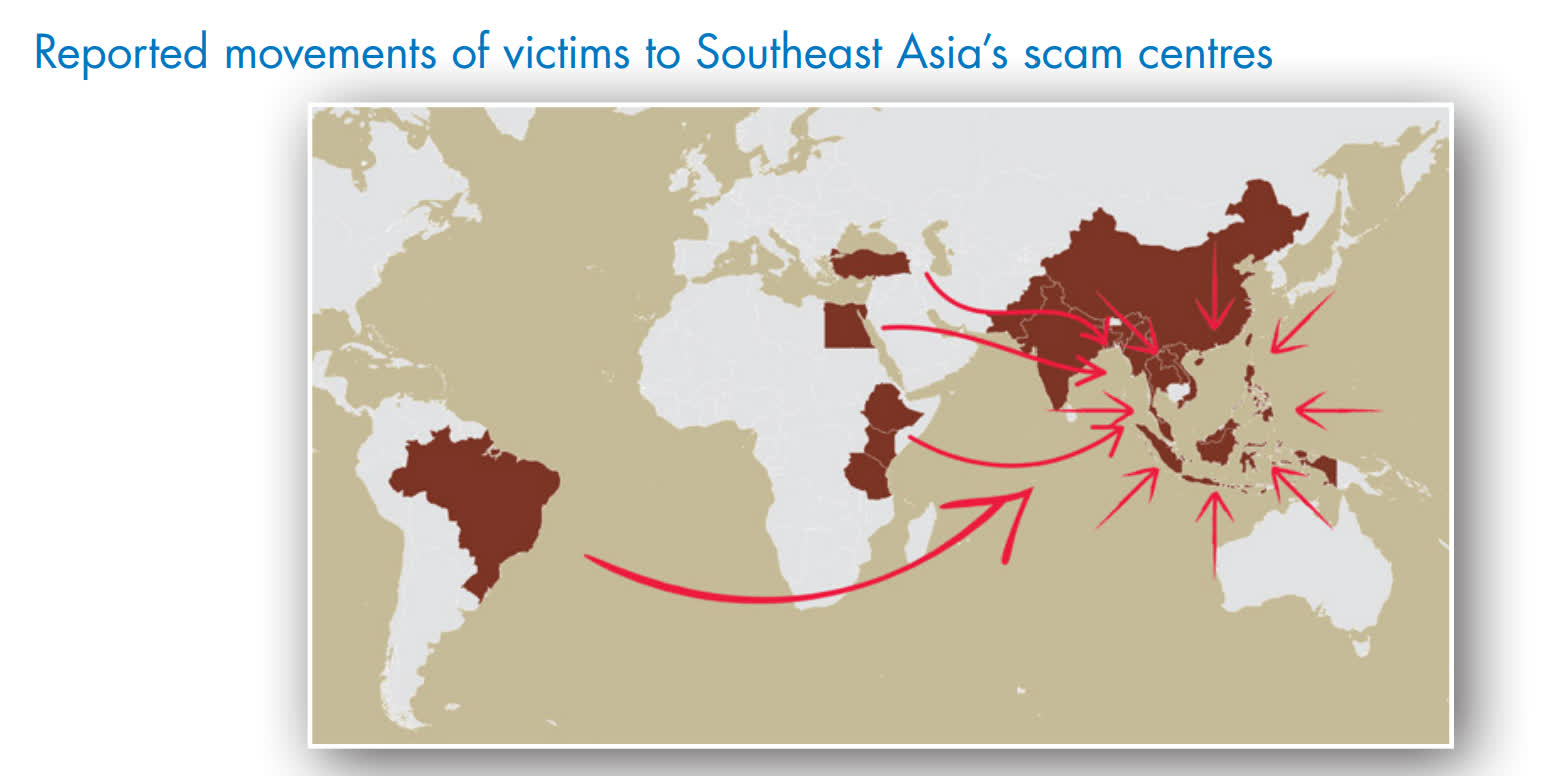In brief: A UN report has revealed that hundreds of thousands of people from around the world have been trafficked and are being forced to participate in online scam operations in south-east Asia. The criminal gangs running the cybercrimes subject the victims to threats, torture, and sometimes sexual violence to keep them in line.
A new report from the Office of the UN High Commissioner for Human Rights, citing "credible sources," states that at least 120,000 people in Myanmar, about 100,000 in Cambodia, and tens of thousands in Laos, the Philippines, and Thailand "may be held in situations where they are forced to carry out online scams."
Although the gangs have traditionally targeted less-educated people and vulnerable migrants, they are now preying on victims with professional jobs, some of whom have graduate or post-graduate degrees and are multilingual. These victims are often lured by the promise of programming jobs but end up in guarded compounds with their passports and phones being forcibly confiscated.
The online crimes being perpetrated by the gangs cover romance and financial scams, crypto fraud, money laundering, and illegal gambling. In the case of the romance operators, men often act as women to scam a target. If a person asks to see the women, the criminals use one of the few women in the compound to act as a model.
It's believed that the scams generate billions of dollars in revenue. "It's so incredibly lucrative that there is very little political will to address this holistically. We see no signs of it really slowing down – other than the actors relocating their operations when there's some law enforcement pressure," said Pia Oberoi, a UN senior adviser on migration and human rights for the Asia Pacific region. Oberoi added that "they are being protected in certain ways by the authorities."
While these operations have been around for years, they've grown since the pandemic, which forced casinos to close and saw many victims lose their jobs and unable to move elsewhere. Oberoi said many of those trafficked were people from south-east Asia, along with some from southern Asia, Africa, and Latin America.
Many of these incidents go unreported because of the "stigma and shame" victims face for the work they had been doing, despite them being tricked and coerced into taking part.
Volker Türk, the UN High Commissioner for Human Rights, said, "In continuing to call for justice for those who have been defrauded through online criminality, we must not forget that this complex phenomenon has two sets of victims."
Türk called on governments to crack down on the gangs running these operations. The report said that an appropriate response should "not merely [involve] addressing organized crime or enforcing border controls" but also provide protection and justice for these victims of trafficking.

